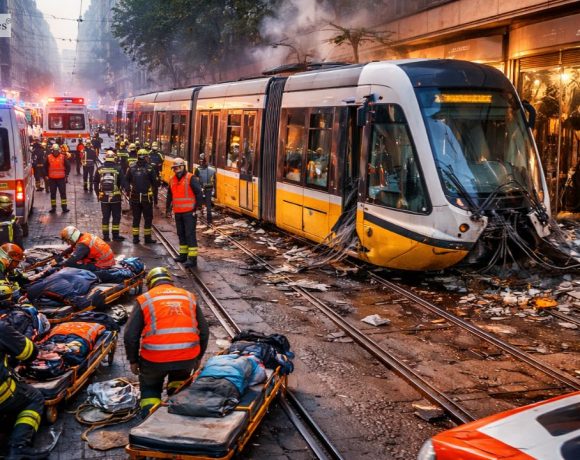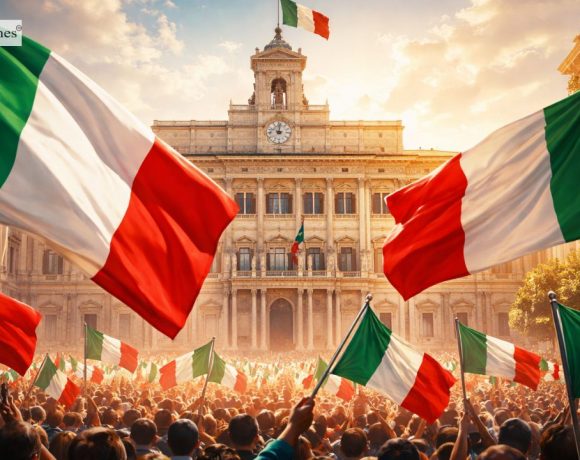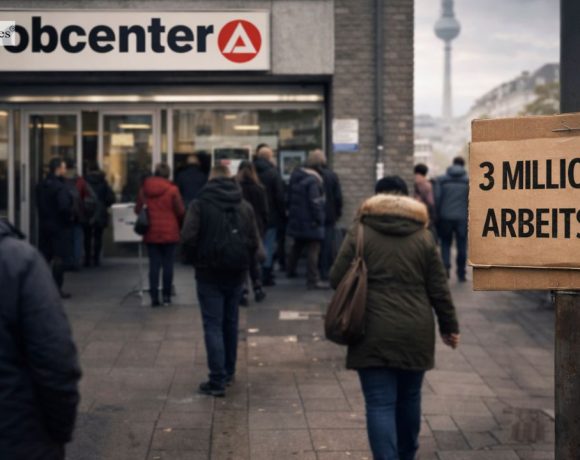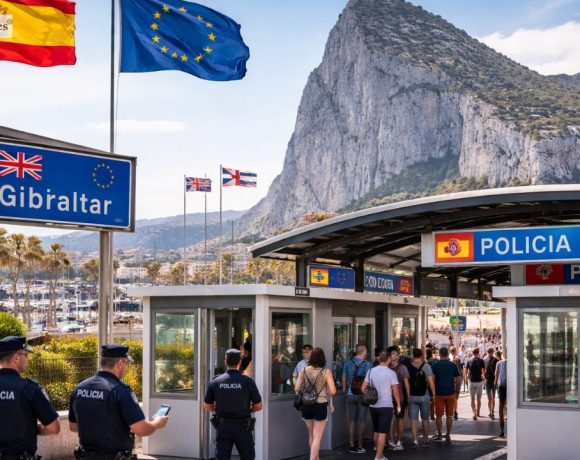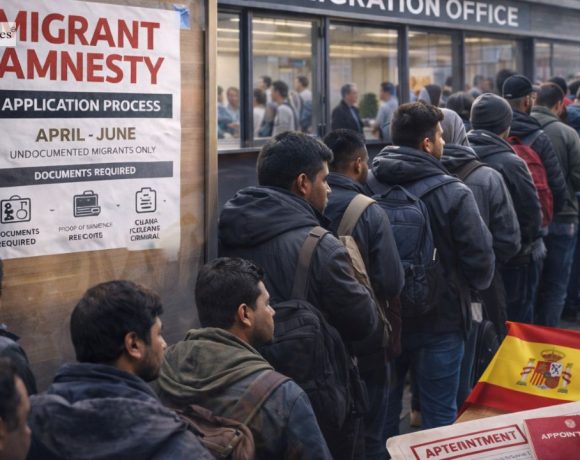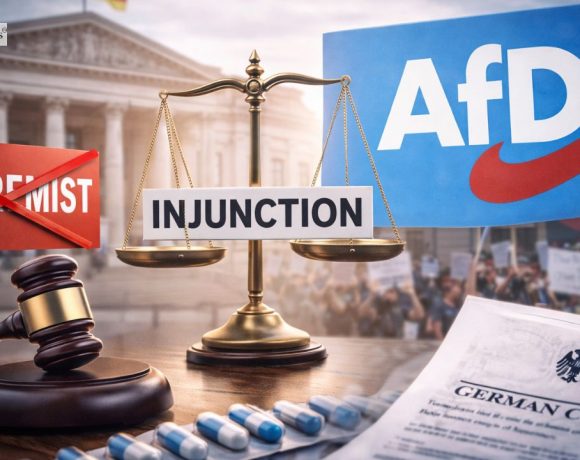
A growing number of unconventional property deals across Europe are highlighting the severity of the region’s housing crisis, particularly for young buyers. In Spain, startup Habitacion.com is selling individual bedrooms in shared flats for up to 80,000 euros — roughly a third of the cost of a one-bedroom apartment in cities like Madrid and Barcelona. Buyers are matched through compatibility tests and must rely on personal loans rather than traditional mortgages. The company sold 200 rooms last year and has a waiting list of 32,000, reflecting strong demand as property prices have far outpaced wage growth.
Elsewhere, similar creative solutions are emerging. In London, developer Fairview offers a “Buddy Up” scheme that helps friends jointly purchase homes and contributes toward legal fees. Banks in countries including Britain, France, Germany and Italy are also reviving low- or zero-deposit mortgages that largely disappeared after the 2008 financial crisis. While these loans come with higher costs and stricter income requirements, they offer an entry point for buyers struggling to save for down payments amid soaring rents.
Analysts say such measures underscore how traditional home ownership is increasingly out of reach for younger Europeans. Over the past decade, house prices in the European Union have risen significantly faster than incomes, squeezing affordability in major cities. Some renters are even turning to fractional property investments through firms like PropHero to help offset rent costs. Experts warn that these complex arrangements reflect worsening affordability, with prospective buyers forced to accept higher risks and legal complexities simply to secure a foothold in the property market.
Pic courtesy: google/ images are subject to copyright

